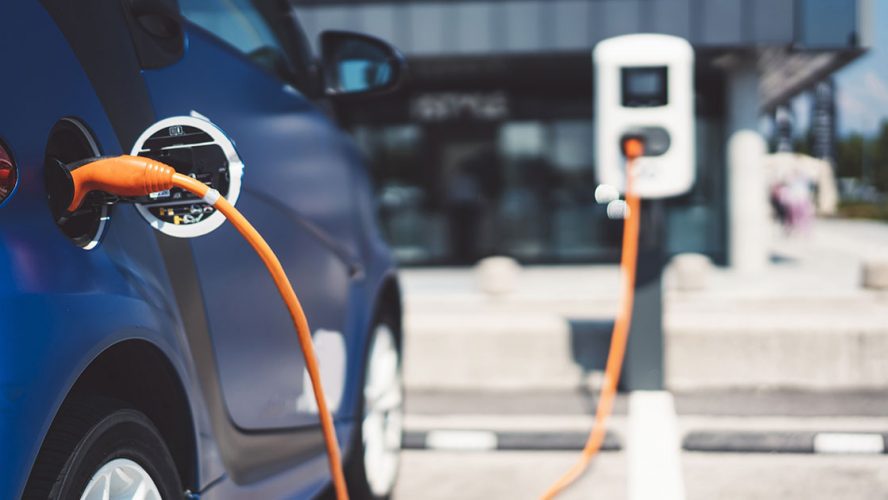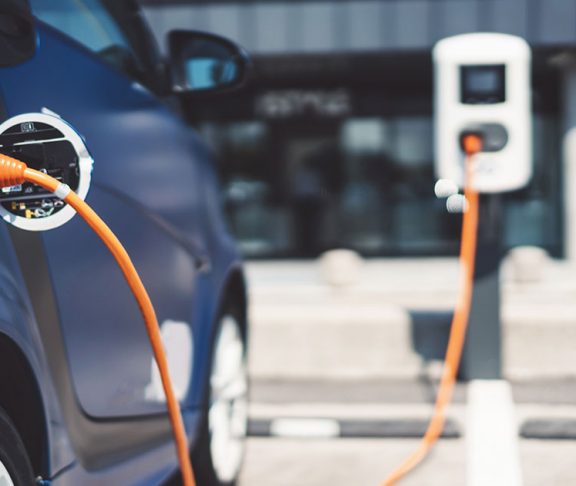The number of Americans living in rental properties is increasing at the same time electric vehicles become mainstream. This is why multi-family properties offering EV charging stations have become such a draw for residents.
Electric vehicles (EVs), replete with all the luxury, convenience, and style consumers demand, represent a beacon of hope for a cleaner, green future. And the multifamily rental industry has taken note, providing residents with EV charging stations at home.
Demand for fuel-efficient and low-emission vehicles is growing. There are more than a million EVs on the roads in the United States now, and a projected 18 million by 2030. At the same time, Americans are increasingly renting homes in multi-family dwellings rather than buying houses.
The fastest-growing regions for EV ownership correlate with the hottest markets for renting and residential construction, including Atlanta, Austin, Washington D.C., Los Angeles, and New York City. With underdeveloped public EV charging infrastructure in these cities, multi-family EV charging amenities score major points with renters.
For example, Blink Charging, a leader in EV charging infrastructure, has seen a significant increase in demand for its 80-Amp charger at multi-family residences.
According to Blink client data and the Alternative Fuels Data Center, EV charging stations for multi-family dwellings, including rental apartments and condominiums, provide property owners with a unique way to attract and retain residents, while fostering an environmentally sustainable community. Early reports on the impact of EV charging at residences indicate a renter’s willingness to pay more for this convenience. 80-Amp level 2 chargers, such as the IQ 200, are the preferred methods for multi-family dwellings as they provide a fast level 2 charge without the infrastructure, purchase and maintenance costs associated with DC fast charging.
As electric vehicles play an essential and cost-effective role in reducing pollution, residential communities need to support EV charging and operations. With nearly 20 percent of Americans living in multi-family dwellings, the necessity for multi-family EV charging is vital.
Once considered a novelty and indulgence for the wealthy, electric vehicles are now becoming mainstream. Soon, charging stations won’t just be a perk, they’ll be essential.

